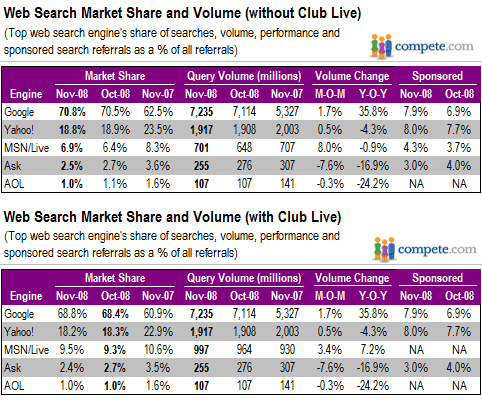Mihaela Lica joins the SitePoint blogging team, relaying her SEO tips, tricks and expertise.
For too many, SEO is synonymous with ranking on the first SERP page in Google. For too many, optimizing a site for Google means getting links, many links, no matter what. Defining and redefining SEO will not change the way these people perceive it. This is not an article for them. Those webmasters who optimize solely for Google are basically targeting only 70% of the search engine market, and disregarding the rest.
 This is an article for those who need to learn something new, and want to use all possible SEO channels to drive more traffic and to gain more customers. This article will prove what “real” SEO value is to be expected from services like Twitter.
This is an article for those who need to learn something new, and want to use all possible SEO channels to drive more traffic and to gain more customers. This article will prove what “real” SEO value is to be expected from services like Twitter.
Does twitter Pass Any Link Juice?
Since Twitter started gaining popularity the question about its “SEO value” has been on the minds of many webmasters who obviously want to boost their placement into Google’s SERPs. But using Twitter for “link juice” is a lost battle in Google’s ranking methodology.
Twitter adds a “nofollow” attribute to links submitted by its users. The “nofollow” attribute advises Google, and a few other search engines, to ignore the link. Some of these follow the links but exclude them from their ranking calculations (Yahoo!, Google); some ignore the links completely (MSN). The only known search engine that doesn’t comply with Google’s “nofollow” at all is Ask.com. This example alone shows that Google’s algorithms are not the gospel for all search engines.

According to compete.com, Ask.com owns about 2.5% of the search engine market share. The same source shows that in November 2008 there were 255 million search queries on Ask.com. This is nothing compared to 7235 millions on Google, but can you seriously disregard a source of such traffic? Ask.com is a potential gate for visitors that could convert into customers.
So let’s ask the question again, shall we? Does Twitter pass any link juice? For Ask.com it does.
Do tinyURL Shortened URLs Have SEO Value?
The short answer is yes. TinyURLs are dynamically created URLs that redirect users to the real URL via 301 (permanent redirect). Search engines do not index TinyURLs, but index and pass PageRank to the actual URLs instead. The problem with Twitter, as we already discussed, is the “nofollow” attribute added to all submitted links.
Are There Any Other Possible SEO Advantages with Twitter?
As I already said, SEO is not only about building links. Optimizing a site is about creating and promoting content that can be regarded as a resource. “Creating” is “onsite SEO.” “Promoting” is “offsite SEO.”
Every time you submit your site to a directory you “promote it” – meaning that you do “offsite SEO.” Every time a link to your site is published somewhere on the web a gate to your site is being opened. People don’t care about “nofollow” attributes. If they see a link and they think the content it leads to is interesting, they follow.
When visitors land on a page from an exterior link some other metrics are affected: number of unique visitors, number of page views, and time on site. These metrics matter for the search engines more and more; since all other variables are so easily gamed (links and keywords are all subject to spam and black hat SEO strategies).
To make a long story short: although Twitter is a social media tool meant to create community and relationships, it does have an SEO value. For example, Twitter can affect positively your Alexa rankings by sending visitors to your pages. Usage data is a sign of quality for Google and all the other search engines. If you can make people come to your site via Twitter, then this is an SEO advantage you cannot afford to miss.
